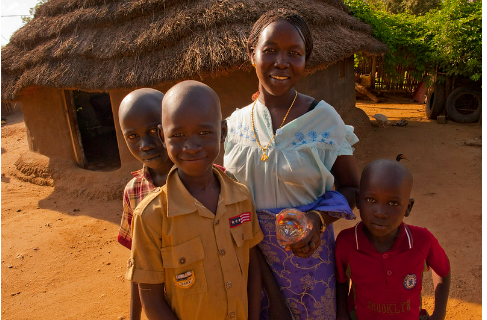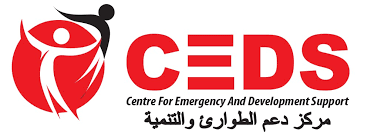Evaluating Inclusive Livelihood Management in South Sudan: Impact on Effectiveness and Social Cohesion

Funded by IPA's Displaced Livelihoods Initiative and in collaboration with the Center for Emergency and Development Support (CEDS), researchers are conducting a randomized evaluation to assess the impact of involving both host and displaced populations in the management of livelihood programs. Specifically, researchers will examine whether this inclusive approach enhances the effectiveness of the program and whether it promotes social cohesion.
Nearly 2.32 million South Sudanese have fled to neighboring countries, while 2.22 million remain internally displaced within South Sudan due to ongoing violent conflicts. Refugees typically settle in regions where resources are already scarce, leading to perceived competition and sparking resistance from local communities. Tensions are further heightened as foreign aid in those areas is primarily allocated to refugees, which generates resentment and further conflict among host communities.
In response to these challenges, the nonprofit Center for Emergency and Development Support (CEDS) operates a livelihood program that aims at promoting self-sufficiency and economic stability among both displaced individuals and local community members. The program is managed by an inclusive committee composed of representatives from both groups. This committee oversees the allocation of funds for local economic development projects, supports the creation and implementation of personalized livelihood plans, provides skills training, among other livelihood activities.
To evaluate the effectiveness of this approach, researchers will conduct a randomized evaluation with 1,600 households across three states in South Sudan: Unity, Northern Bahr El-Ghazal, and Warrap. Households will be randomly assigned to participate in the inclusive livelihood communities or serve as a comparison group. This evaluation aims to determine if inclusive management improves aid distribution efficiency and enhances social cohesion by fostering better relationships and collaboration among community members.
Results will be available in early 2026.
Sources
1. UNHCR, "South Sudan Refugee Crisis Explained," UNHCR, July 24, 2023, https://www.unrefugees.org/news/south-sudan-refugee-crisis-explained/
Implementing Partner













